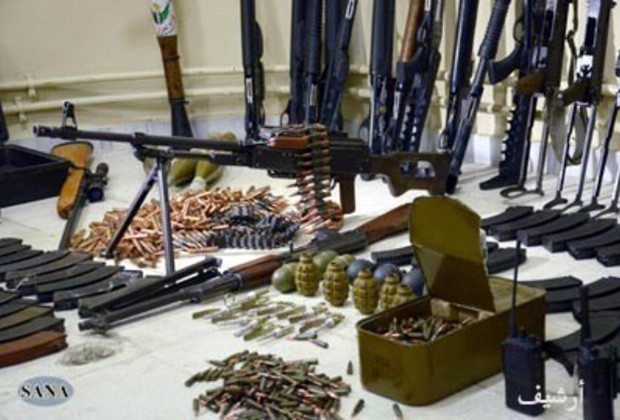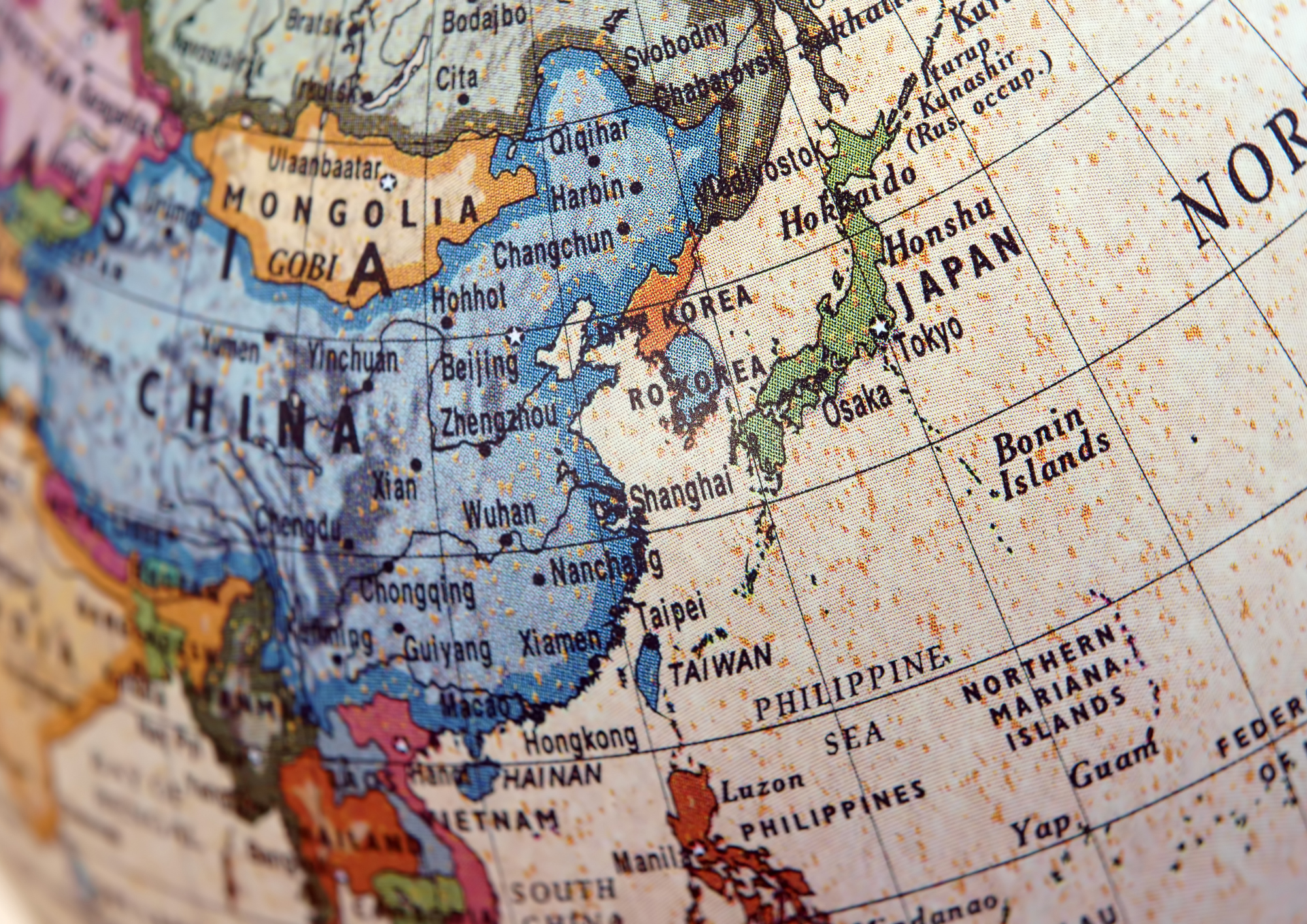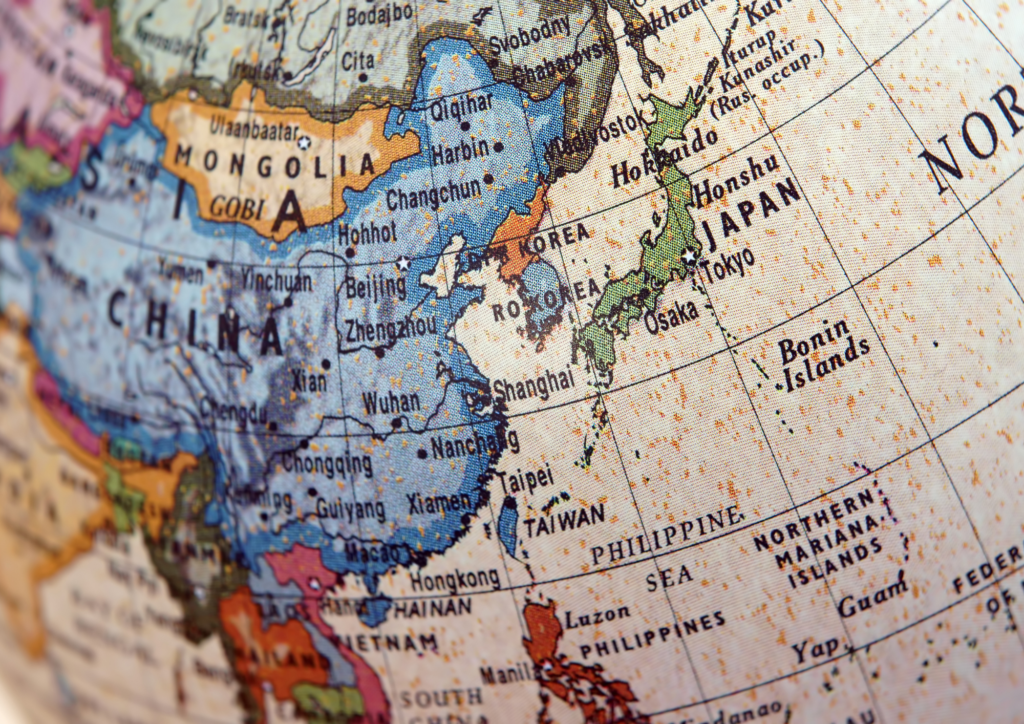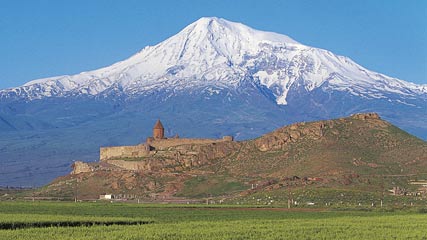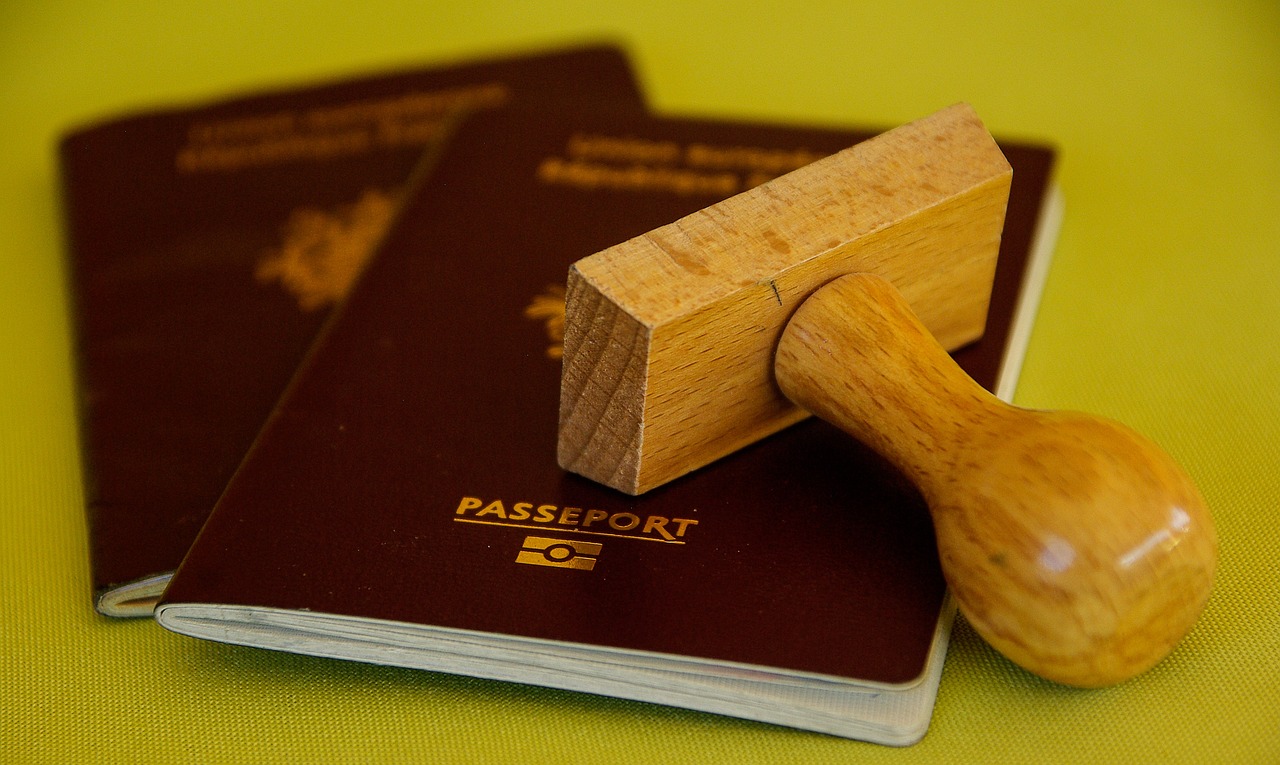With each passing day, Prime Minister Nikol Pashinyan’s statements contradicting Armenia’s national interests are getting increasingly alarming
Pashinyan started by denigrating Mt. Ararat, the preeminent Armenian symbol. He then mocked Armenia’s coat of arms, questioning why there is a lion on it, claiming that there are no lions in Armenia. With this statement, Pashinyan made three factual errors:
1) He did not seem to realize that the lion symbolizes courage and strength. It has nothing to do with whether there are lions in Armenia or not;
2) There are over a dozen countries that have a lion on their coat of arms without having a single lion in their countries;
3) He is also incorrect that there are no lions in Armenia. A well-known oligarch has had several lions in his Yerevan mansion for many years.
The Prime Minister then made abusive remarks about Armenia’s national anthem using the excuse that it contains the word “enemy.” There are several other countries that have the word enemy in their national anthems.
Pashinyan went on to complain that what is now called “Army of Armenians” (Hayots Panag) should be “Armenia’s Army” (Hayastani Panag), and that textbooks on the “History of Armenians” (Hayots Badmoutyoun) should be called “Armenia’s History” (Hayastani Badmoutyoun). He also wants to distance today’s Armenia from its past by contrasting “Real Armenia” with “Historical Armenia.” He then suggested, in line with Pres. Aliyev’s demand, that Armenia adopt a new constitution deleting the references to Artsakh and the Armenian Genocide.
Last week, I wrote about one of Pashinyan’s top lieutenants’ incredible suggestion to make a list of all 1.5 million victims of the Armenian Genocide. This is an indirect way of questioning the veracity of the Armenian Genocide.
All of these statements indicate that Pashinyan is retreating from Armenia’s and Armenians’ nationalistic stands to appease Azerbaijan and Turkey.
To make matters worse, on April 24, 2024, the Prime Minister issued a statement full of confusing words which reflect his unstable mental state. He referred to the Armenian Genocide as Meds Yeghern (Great Crime) 11 times and only four times as Genocide. Meds Yeghern is a term that Armenians used until the 1940’s to describe the Genocide before the term genocide was coined by Raphael Lemkin. Since then, the proper and legal term that should be used is Genocide or Tseghasbanoutyoun, in Armenian.
It does not come as a surprise that Pashinyan, in his April 24 statement, once again obfuscated the meaning of the term genocide thus continuing his attempts to downplay Armenian national symbols and terminology.
Pashinyan complained that due to the Meds Yeghern, Armenia often deals with other countries in a state of trauma or shock: “for this reason, sometimes we cannot correctly distinguish the realities and factors, historical processes and predictable horizons. Maybe this is also the reason why we get new shocks, reliving the trauma of the Armenian Genocide as a legacy and as a tradition.”
By making such a statement, Pashinyan is blaming the trauma from the Genocide of 1915 for his incompetent decisions and mismanagement of the State. While it is true that there is such a thing as transgenerational trauma, I would advise the Prime Minister to look at his own inability to rule rather than the trauma from the Genocide.
Pashinyan then surprisingly suggested that Armenians “stop searching for a homeland, because we have found that homeland, our Promised Land, where milk and honey flow.”
It appears that Pashinyan has lost all perceptions of reality! He is describing Armenia with its existential problems as “the Promised Land where milk and honey flow!” More likely, he and his family are the ones living a luxurious life at the Armenian taxpayers’ expense.
The only people who were pleased with Pashinyan’s April 24 message are the Presidents of Azerbaijan and Turkey, Ilham Aliyev and Recep Tayyip Erdogan. An indication of that pleasure was the crowd of Turks gathered on April 24 in front of the Turkish Embassy in Washington, D.C., chanting: “Pashinyan, Pashinyan, Pashinyan,” in the faces of Armenian protesters.
The President of Turkey, as he has done on every April 24 ever since 2014, issued a statement trying to fool the international community that he is acknowledging the Armenian Genocide. He actually lumped together Armenians and Turks and everyone else “who passed away or were martyred as a consequence of armed conflicts, rebellions, gang violence and terrorist acts” during “World War I.” He thus misrepresented the Armenian victims of genocide as war casualties. He described “the 1915 events” not as genocide, but a “tragedy in which both sides suffered casualties.”
In a direct message to Pashinyan, Erdogan stated that “Türkiye’s ties with Armenia … appear to depend on Yerevan’s stance on the issue [of genocide]… A new order is being established in the region, and it is time to set aside baseless claims. It is time to move forward with realities on the ground. It is better than moving forward with fabrications, tales.” This sounds very similar to what Pashinyan is trying to do. Erdogan made the intent of his message more obvious when he said: “Armenian Prime Minister Nikol Pashinyan understands this [reality].” As a final dig, Erdogan stated: “I hope Armenia escapes from the darkness it was condemned to, thanks to its diaspora, and chooses the path of new beginnings.”
The true meaning of Erdogan’s words was revealed when the Istanbul Governor’s Office once again banned the commemoration of the Armenian Genocide on April 24. Actions speak louder than words!



